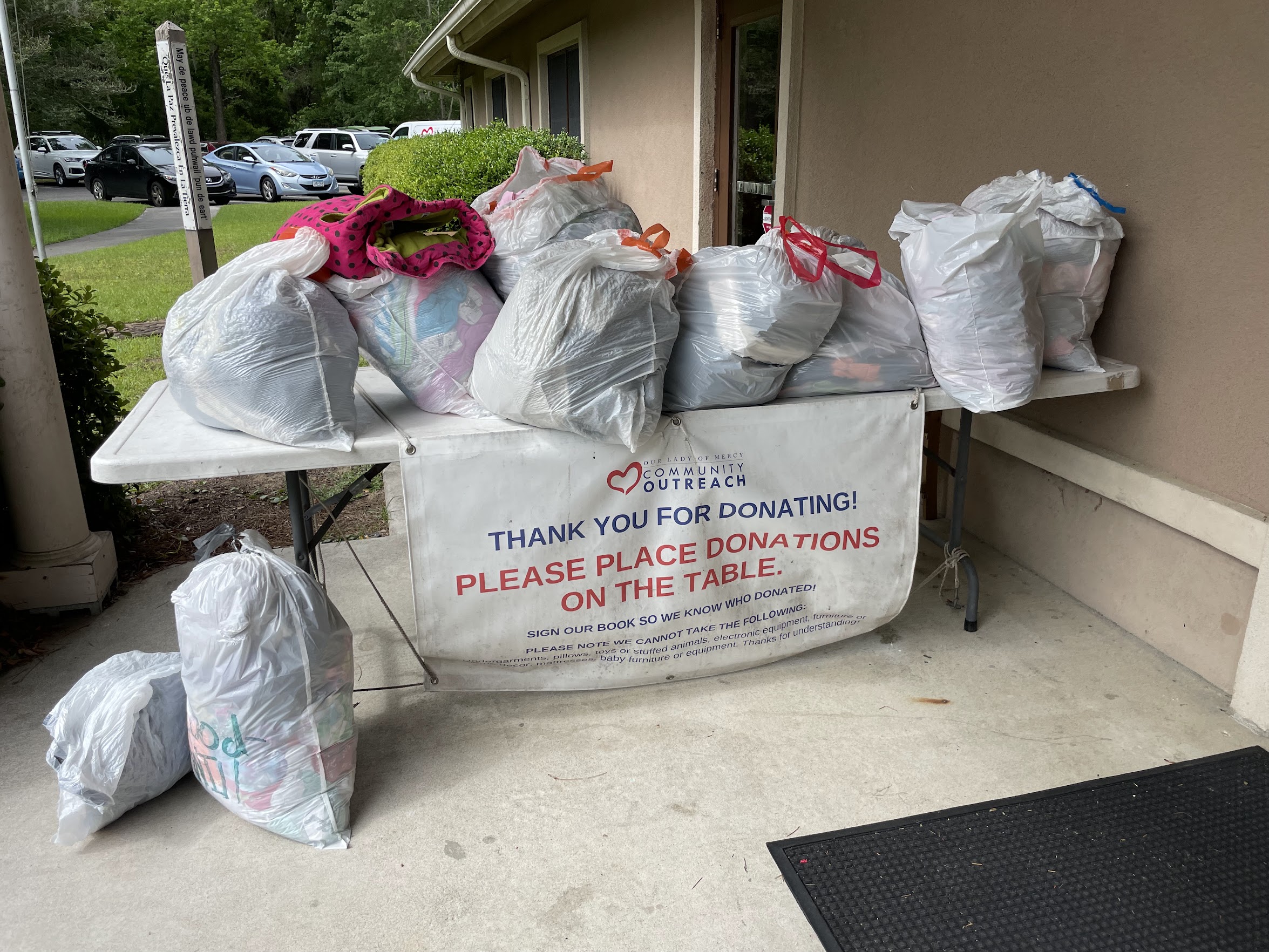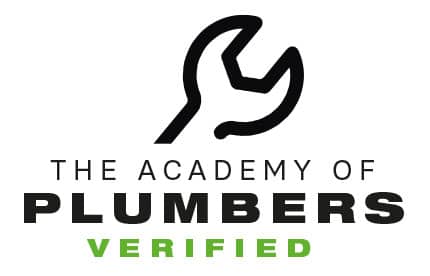NFPA 70E: Electrical Safety in the Workplace Qualification Training Highlights
Last week, Transworld Electric hosted an NFPA 70E: Electrical Safe Work Practices and Safety-Related maintenance course in Charleston, South Carolina. This course helps employees and management minimize the risk of electrical hazards in the workplace. It is an important part of meeting OSHA’s requirement for training qualified personnel on safe work practices. During the training, our NFPA certified instructor will cover Chapters 1 and 2 of the NFPA 70E 2018: Standard for Electrical Safety, as well as relevant portions of NFPA 70B and NETA Standards.
WHO SHOULD ATTEND NFPA 70E QUALIFICATION TRAINING?
The answer is anyone who works on or near electrical equipment should be NFPA 70E qualified. NFPA 70E is not just for electricians but any employees working on or near energized electrical equipment.
OSHA Regulation 29 CFR 1910.332 States:
“…every employer is to provide training to each qualified employee, to be familiar with electrically related safety practices when necessary for their safety.”
OSHA requires all employers to create a safe working space for employees. NFPA 70E is the industry standard that allows you to meet OSHA regulations for electrical safety in the workplace. NFPA 70E is an important resource that shapes the way employers and employees approach electrical safety in a way to help save lives and avoid losses due to the hazards that are present when working on or near electrical systems.
WHAT ARE SOME OF THE IMPORTANT TOPICS COVERED IN NFPA 70E 2018 QUALIFICATION TRAINING?
-
Arc Flash
An arc flash occurs when energized electrical conductors or circuit parts are exposed and ionization of the air occurs or when a person is interacting with enclosed equipment in such a manner that could cause an electric arc. Arc faults create large amounts of heat that can severely burn skin and set clothing on fire, the explosion may cause hearing loss and molten metal is blasted from the fault location radially damaging surrounding equipment and likely resulting in injury or death to any person within the boundary radius. NFPA 70E educates on the importance of workplace safety to prevent and protect against an arc flash.
-
Hierarchy of Controls
One of the most important updates from2018 NFPA 70E is the hierarchy of controls, which emphasizes the importance of risk identification and mitigation before the job begins. This is highlighted on the cover of the NFPA 70E: Standard for Electrical Safety in the Workplace workbook. The hierarchy of controls starts with the most effective controls and proceeds to the least effective as follows: elimination, substitution, engineering controls, administrative controls, and personal protective equipment. The goal of the hierarchy of risk controls is to encourage electrical professional away from working directly on energized equipment and to consider more effective and reliable risk-reduction methods choosing PPE, personal protective equipment, only as a last line of defense for workers.
-
Personal Protective Equipment (PPE)
** Does NOT protect against hot shrapnel, only designed to limit burns to a second-degree burn.**
As we mentioned with the hierarchy of controls, personal protective equipment (PPE) should be considered the last line of defense for workers. Employers are required to provide employees with adequate PPE for the job that is being completed. It is important that employers and employees both understand how to identify hazards and determine the types and rating of PPE required for the job. There are four categories of arc flash PPE (the most recent 2018 NFPA 70E update eliminated category 0) on the arc flash risk assessment. Employers are required to perform an arc flash risk assessment or incident energy analysis to identify the arc flash ratings for each piece of electrical equipment. NFPA 70E then teaches employees how to identify and understand the arc flash labels so they can choose the correct PPE to complete the job. The four PPE categories are listed below:
- PPE Category 1: Minimum Arc Rating 4 cal/cm²
- PPE Category 2: Minimum Arc Rating 8 cal/cm²
- PPE Category 3: Minimum Arc Rating 25 cal/cm²
- PPE Category 4: Minimum Arc Rating 40 cal/cm²
Transworld Electric provides all licensed electricians with an 8 cal/cm² FR rated uniform while working on electrical equipment. We also have arc flash rated suit up to 40cal/cm². If you need a licensed electrician to perform electrical testing or electrical maintenance at your facility, you can trust that our licensed electricians will arrive with the knowledge and the proper PPE to perform the job according to the NFPA 70E electrical safety standards.
-
Arc Flash Protection Boundary & Limits of Approach
In addition, to understanding the proper PPE required for employees to wear while working on or near electrical equipment, NFPA 70E also teaches workers to identify the arc flash boundary and limits of approach. The NFPA 70E defines arc flash boundary as “when an arc flash hazard exists, an approach limit at a distance from a prospective arc source within which a person could receive a second-degree burn if an electrical arc flash were to occur.” The arc flash boundary will be determined as part of an arc flash risk assessment and are required for arc flash labels as well as the limited approach boundary.
-
NFPA 70E Chapter 2 – Safety-Related Maintenance
This covers practical safety-related maintenance that is required for electrical equipment in the workplace and identifies maintenance that is directly associated with employee safety. Specific components discussed include but are not limited to:
- Single line drawing interpretation and data
- Lockout/Tagout
- Short circuit drawing interpretation and data
- Overcurrent protective devices
- Will they operate as designed as intended
- Are they tight on the bus
- Are they grounded continuously?
- Is contact resistance within normal range?
- Switchgear & switchboards
- Are they grounded continuously?
- Power and distribution transformers
- Are they grounded continuously?
- Power circuit breakers
- Molded/insulated case circuit breakers
- Fuses
- Power cables
- Are they sized properly?
-
NFPA 70B Equipment Testing Procedures and Intervals
NFPA 70B is the industry standard for maintenance and testing methods for electrical equipment. During the training, you will learn the specific equipment type testing requirements and interval frequency of testing found in NFP 70B Annex L. Also, learn the how ‘failed’ test results and /or inadequate maintenance impact arc flash energies.
-
Components of an Effective EPM (Electrical Preventive Maintenance) Program
NFPA 70E training will allow you to have the knowledge and tools to develop an electrical preventive maintenance and safety program for your facility, maintaining a safer workplace for your employees, a more reliable electrical system, and meeting and exceeding OSHA requirements.





